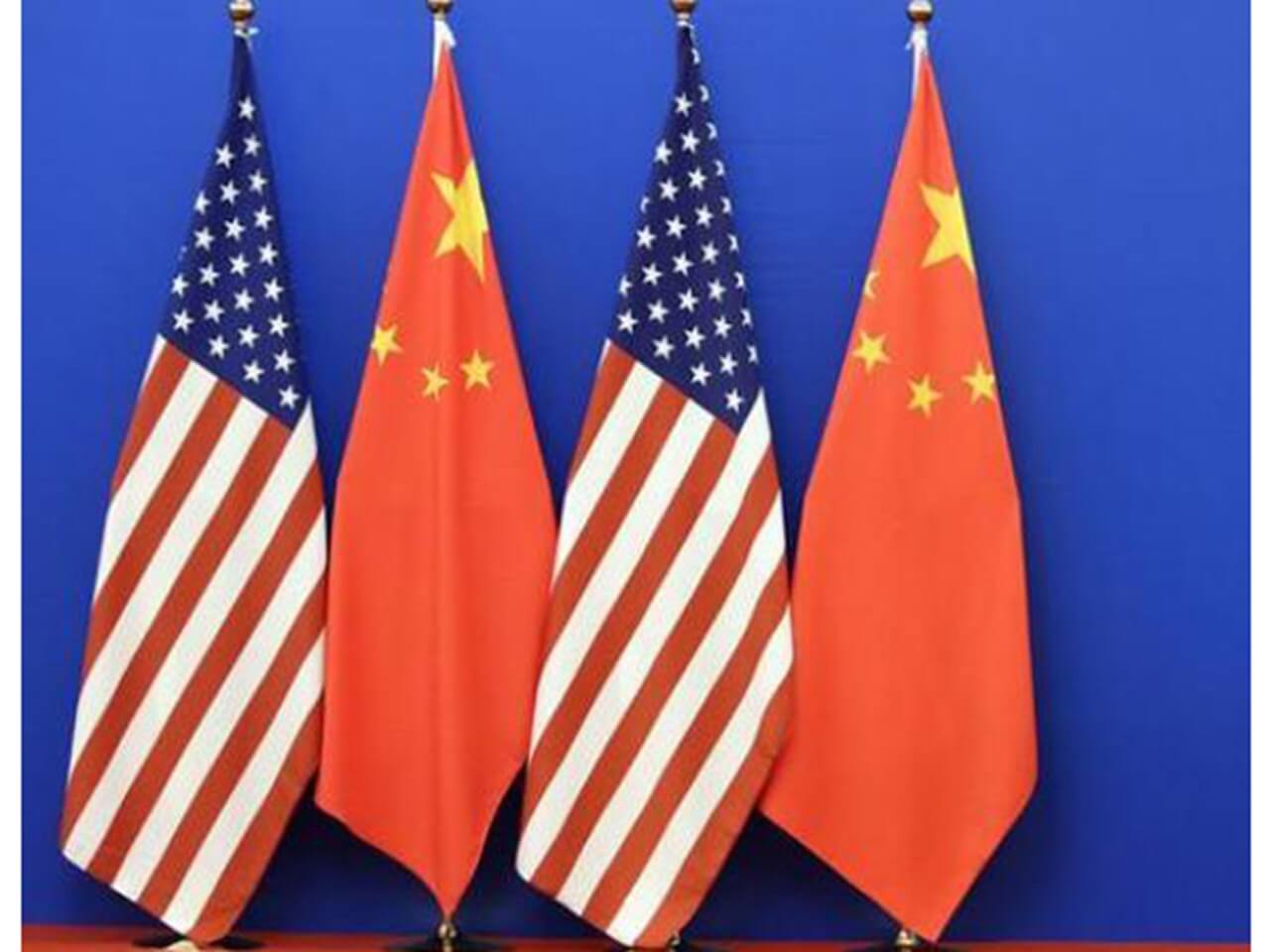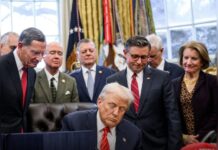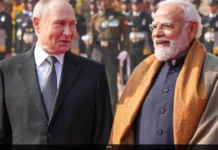WASHINGTON: The United States and its allies should exploit China’s three main military weaknesses and divert the People’s Liberation Army (PLA) to spread its resources to immediate land, near-sea, and offshore disputes to curb its global ambitions, according to a US think tank.
Given that strategic competition with China was set to continue, Washington and its foreign partners should hike up the cost for the PLA of having overseas bases and deployment to put pressure on Beijing’s calculation, South China Morning Post (SCMP) reported citing Centre for Strategic and Budgetary Assessments, a Washington-based think tank.
Writing in the think-tank’s January report, titled “Seizing on Weakness: Allied Strategy for Competing with China’s Globalising Military”, authors Toshi Yoshihara and Jack Bianchi identified severe weaknesses that were unique to China and particularly susceptible to external pressure so that the US and its close allies might “enjoy a sufficient degree of agency over Chinese weaknesses … [that] if exercised, could yield strategic dividends”.
China’s geography, being surrounded by middle and great powers on land and sea, was one apparent weakness, according to the report. Secondly, the Asian country must stay agile enough to manage complex crises nearby, precluding the PLA from concentrating entirely on its global mission. The authors of the report determined the third key weakness, a matter of logistics to close gaps in China’s overseas infrastructure network to present itself as a credible military power.
Yoshihara and Bianchi argued that nearby complex territorial and maritime disputes with immediate neighbours including India, Taiwan and Japan had consumed significant resources on contingency events “at the expense of China’s global plans”, reported SCMP.
“The United States and its partners should pursue strategies that compel Beijing to spread scarce resources across the near seas, far seas and, to the extent possible, the continental periphery,” the report said.
The US could also develop new capabilities to remain lethal in the heavily contested areas along China’s maritime periphery. The report stated that the PLA capability is still behind the need to protect China’s rapidly increasing global interests. Beijing needs overseas logistical power to project power, which is an advantage for the US.
The authors suggested, the US should be “waging a coordinated diplomatic and information counteroffensive” to potential host nations of China’s overseas bases by playing up China’s untrustworthiness and drawing attention to Chinese attempts at “breeding dependencies” in those nations.
Furthermore, psychological fear could be tapped to affect Beijing’s policymaking and undercut the PLA’s confidence. “The allies should send a clear signal that Chinese aggression would be met with a coalitional response,” said the report. The report additionally called for Washington to make immediate moves to counter China’s growing influence. In the long run, China will face more severe structural problems, such as demographic decline, environmental problems, and hidden debt that might induce internal crisis, the report added.
On Thursday, US President Joe Biden underscored the need to counter the growing ambitions of China, which he called ‘or most serious competitor’. “We’ll confront China’s economic abuses, counter its aggressive course of action to push back on China’s attack on human rights, intellectual property and global governance,” he said during his address at the State Department. (ANI)







